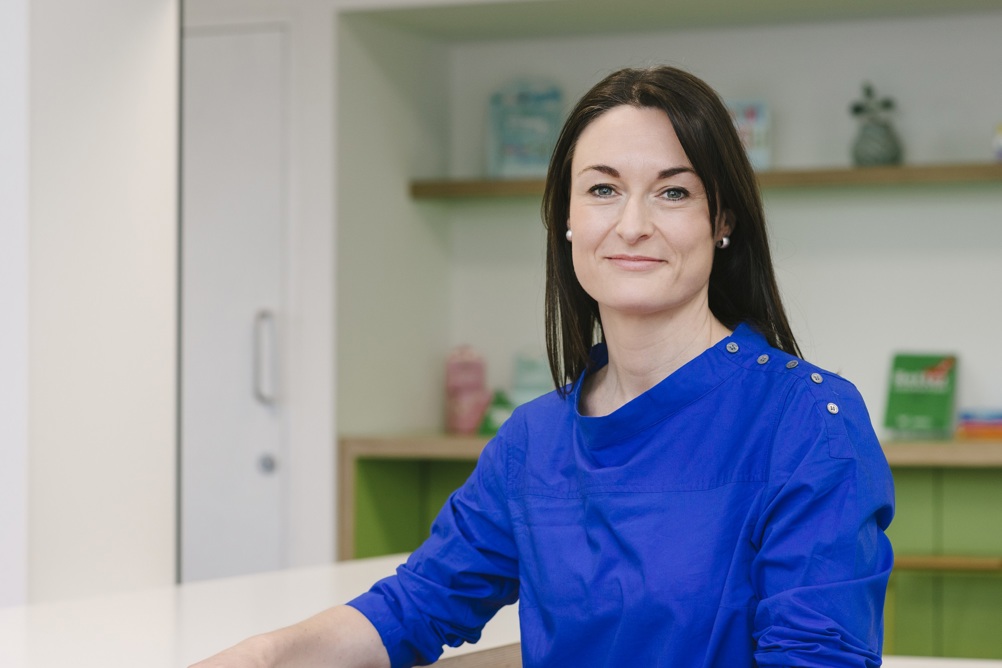
In May 2018, I was asked to join a steering group of academics, scientists, practitioners and charities by Her Royal Highness the Duchess of Cambridge and The Royal Foundation.
Our aim: to assess the significant body of work on the early years and provide advice on the ways in which the Duchess, through her Foundation, can support efforts to provide children with the best start in life.
This week Her Royal Highness took the next steps in her early years’ work and launched a nationwide survey – 5 big questions on the under 5s – to give people an opportunity to provide their view on raising the next generation.
This survey will complement the body of scientific and social scientific evidence about the early years by gathering information about public perceptions of the importance of the early years, parents’ first-hand experiences and what matters to families on a mass scale.
The Duchess’ work and the survey is borne out of her eight years of meeting families and seeking to understand the root cause of the issues they were facing. It was clear that adversity in a child’s early years was a major factor in determining how they experience later life.
The five, simple questions ask what is important for a child to grow up happy and healthy; whose responsibility is it to ensure a child thrives; and what period of a child’s life is key to a content adulthood. The questions also explore parents and carers’ mental health and the influence of nature and nurture, which asks for views on the role of the environment and genes in driving outcomes.
The results will provide fascinating insight into how we think about the early years and will be a vital source of information for the sector. It will also likely show the challenges and adversities that many children, families, practitioners and face. This will help organisations like the NSPCC, and the Duchess understand how people think about what it takes for children to lead healthy, safe and fulfilling lives.
Already the survey has started a fascinating, national conversation on the early years.
Many of you reading this will know there’s overwhelming evidence from research in the fields of neuroscience, cognitive sciences and practice that the first 1,000 days in a child’s life are critical in shaping life experiences. During this period, a child’s brain grows at a rapid rate, and their experiences will have a lifelong impact on their mental and emotional health.
From birth to 18 months, the brain makes one million neural connections every single second. That’s why it is vital babies have positive, supportive experiences with parents and other adults in their life.
The NSPCC is a champion on raising awareness of the importance of bonding with babies right from birth, or better still pregnancy. Last year, we launched the Look, Say, Sing, Play campaign to help parents and carers explore the science behind their babies development – we know that when carers take a cue from baby and react to what they’re doing, this builds brains and bonds strengthening social, emotional and cognitive development.
The campaign was developed off the back of research that found over half of parents were unaware that back and forth interaction with their baby from birth can help to build their brain.
Raising a child can be tough for every parent, and as a mother-of-two, I know the importance of having a community around you to help when things are tough. I hope this survey goes part of the way to recognise that everyone has a role in ensuring strong, healthy foundations for the youngest in our society will positively affect their lifelong outcomes.
Of course, some babies and infants don’t get the best start and it’s important to say that it’s never too late – the right help at the right time can turn a life around. But if we can increase understanding of the value of getting the foundations right for every child, then more children will have the chance to thrive.
The Duchess of Cambridge will be guided in her future work in the sector by the findings of this survey, ultimately supporting all adults in providing better social and emotional experiences for children to make them healthier, safer and more resilient later in life. Therefore, I would encourage everyone to take part.
Register now to continue reading
Thank you for visiting Nursery World and making use of our archive of more than 35,000 expert features, subject guides, case studies and policy updates. Why not register today and enjoy the following great benefits:
What's included
-
Free access to 4 subscriber-only articles per month
-
Unlimited access to news and opinion
-
Email newsletter providing activity ideas, best practice and breaking news
Already have an account? Sign in here
